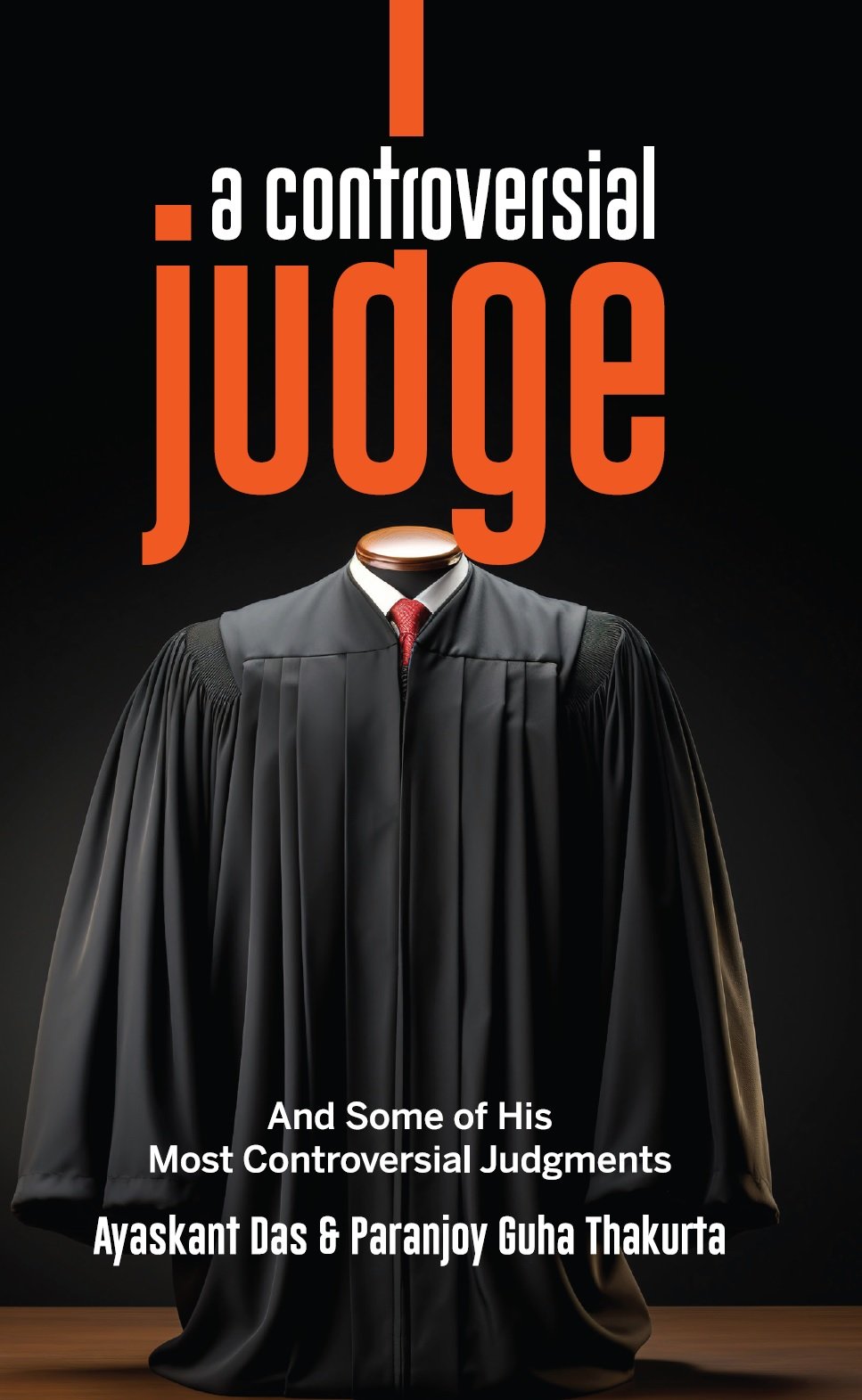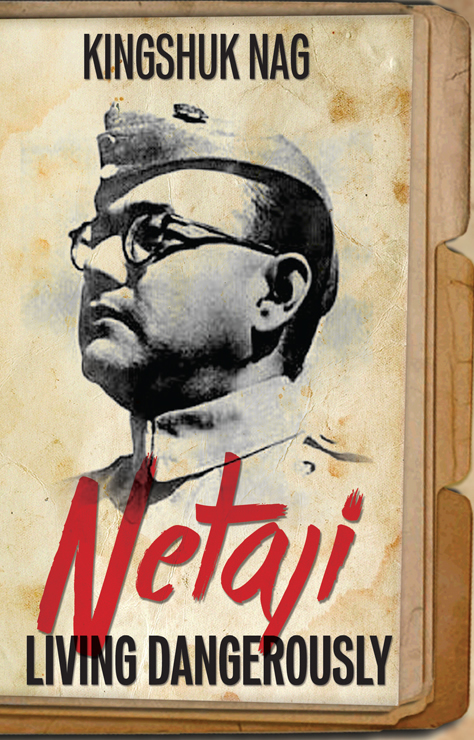He will turn 42 on June 19 this year. At this age, his father had spent more than a year as prime minister of the world’s largest democracy. His son and daughter were in their teens. Is Rahul Gandhi’s mother worried that he is not yet married? Almost all Italy-born Roman Catholic women and Indian mothers would be. Does he have a steady girlfriend? Is Veronique still around in his life? Cut the trivia!
The more important question is whether he is ready to assume bigger responsibilities. There is no dearth of Congress supporters who want him for the top job and right now. Still he seems reticent. Is that a cultivated posture, like that taken by his great-grandfather, his grandmother and his father? Or is he genuinely reluctant, uncertain or even fearful of what the future holds for him and India’s GOP under his leadership?
The results of the Uttar Pradesh assembly elections will be known on March 6. The Congress will certainly do better than it did five years ago. But how much better? Cheerleaders of the Congress are certain to depict the outcome (whatever it be) as a “great victory” for the party’s youngest general secretary.
There is no doubt that the poll outcome will have an important bearing on the trajectory of his political future. But will Rahul Gandhi be ready to replace Manmohan Singh as a prime ministerial candidate in the next general elections? Or will he have to wait till 2019 or later?
One’s left with more questions than answers after reading this racy “first authoritative” biography of a “young” man who claims his lineage is a “problem” he wants to solve—despite his November meeting at Phulpur near Allahabad on the occasion of the 122nd birth anniversary of India’s first prime minister whose constituency it used to be.
The book begins with the pre-emptive question: isn’t it too early to write a biography of Rahul Gandhi? The authors state right up front that their request for an interview with him was denied by his close confidante, Kanishka Singh, who said that it was not only too early for an interview, but also that an interview would appear to be an endorsement of the book. (Curiously, though the book contains generous chunks from his speeches and quotes of various people speaking about him, it makes no mention of the controversial interview Rahul Gandhi gave Vijay Simha of Tehelka in September 2005.)
Jatin Gandhi and Veenu Sandhu race through the history of India’s first family and provide an overview of different political families to draw conclusions about the relevance or otherwise of “dynasty” in the country’s polity. Stressing the importance of the youth factor, the authors argue that Rahul’s endeavours to revitalise the working of the Indian Youth Congress and the National Students’ Union of India are critical to his attempts at rejuvenating his party—more than his participation in government.
Yet the authors themselves do not appear convinced that this is what is happening. After providing detailed profiles of new Congress leaders inducted by Rahul—such as Szarita Laitphlang of Meghalaya and Abdul Hafiz Gandhi of UP—they concede that the “talent hunt” he has launched has more than its share of limitations.
At times, the tone adopted by the authors appears gushing. But to be fair to them, they have diligently documented all the times Rahul-baba has goofed up—remember his reference to Kalawati from the Vidarbha region of Maharashtra, whose husband, son-in-law and daughter all committed suicide. The authors have pointed out his poor track record as an MP in Parliament, his naive utterances, how he has evaded answering tough questions and how his electoral strategy came a cropper in Bihar.
The authors devote considerable space to the perception that it is not Rahul but his younger sister Priyanka who has more political charisma. The positions he adopted before agitating farmers in Bhatta-Parsaul, UP, and tribals at Lanjigarh in Orissa—”I am your soldier in Delhi”—contrast with his inability to follow up these issues with diligence and consistency.
Critics like Arun Jaitley and Sitaram Yechury have been quoted to give some balance. The authors highlight the obvious contradiction between the projection of the Rahul brand as a pro-poor leader of a political party whose economic policies have led to greater benefits to the already well-off and widened inequalities of income and wealth.
The authoritative biography of Rahul Gandhi is yet to be written. His political career, after all, has a long way to go.


